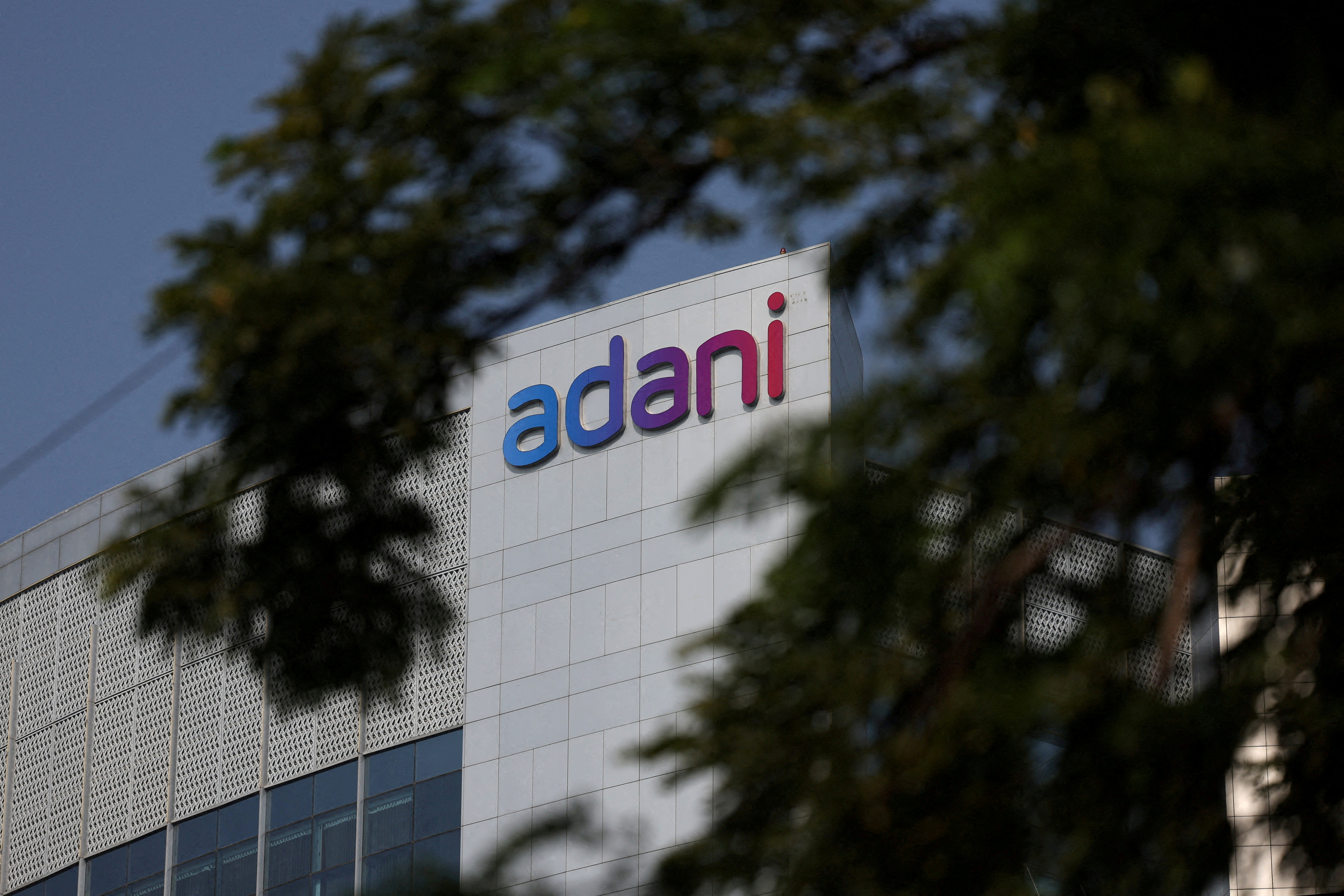
Fitch Ratings has placed certain bonds issued by Adani entities under a “negative watch” as scrutiny of the group’s governance intensifies following allegations of corruption tied to Sri Lankan projects. This development comes amid renewed focus on a contentious $442 million wind power project in Sri Lanka’s Mannar region, which has sparked concerns over environmental compliance and procedural irregularities.
The Sri Lankan government had reportedly flagged potential missteps in the Adani Group’s acquisition of the Mannar and Pooneryn wind projects. Allegations center around the possibility of undue influence in awarding contracts, bypassing competitive bidding processes. These accusations have fueled broader international scrutiny of Adani’s practices, including separate investigations in the United States and other jurisdictions.
Fitch’s decision highlights the potential for reputational damage to spread across Adani Group entities, many of which rely on bond markets for funding. This could lead to higher borrowing costs and increased difficulty accessing new financing. S&P Global also issued warnings about the potential risks to Adani’s ability to maintain funding arrangements if lenders lose confidence in the group’s governance.
The Mannar wind project, initially lauded for its renewable energy potential, is now mired in controversy over the impact on local ecosystems. Experts have raised concerns about the harm to migratory bird populations and coastal biodiversity. These environmental challenges have compounded issues of governance, casting a shadow over Adani’s broader sustainability credentials.
Sri Lankan officials have indicated that any proven irregularities could necessitate the cancellation or renegotiation of contracts. Such a move could create ripple effects for Adani’s overseas ventures, which depend heavily on assurances of regulatory compliance and operational stability.
This situation underscores the growing challenges facing Adani Group, which has seen a series of controversies unfold since a damning report earlier this year by U.S.-based Hindenburg Research. The report alleged that the conglomerate engaged in stock price manipulation and governance lapses. While Adani has denied these claims, the fallout has strained its relationships with investors and creditors.
Adani’s troubles are also complicating its efforts to maintain operations in other strategic markets. For instance, international lenders and credit rating agencies are increasingly evaluating their exposure to the group. Any further erosion of trust could jeopardize ongoing projects and planned expansions, especially in energy and infrastructure sectors.
The developments in Sri Lanka are likely to amplify calls for greater transparency and accountability in international business dealings. As legal and financial pressures mount, the Adani Group faces critical challenges in restoring its reputation and stabilizing its global operations.
These issues represent broader trends in emerging market investments, where allegations of corruption and environmental concerns can rapidly undermine investor confidence. For Adani, the stakes are high, as the group seeks to navigate a path forward while addressing the multifaceted risks that have put its financial health under strain.
Fitch’s move to review Adani’s bonds reflects a growing hesitance in global markets, highlighting the significant challenges for companies operating in a landscape of increased regulatory scrutiny and public accountability. The outcome of these investigations, both in Sri Lanka and elsewhere, will likely shape the conglomerate’s future trajectory and its standing in the international market.




